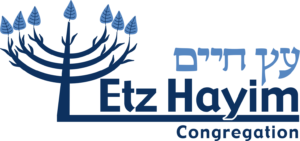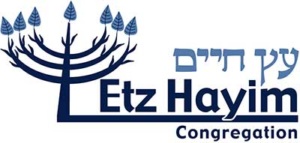Instructions for counting the omer are found on our Omer Overview Page. You can find the specific blessing for today at chabad.org.
We’re dedicating new Siddurim on the first day of Shavuot. In honor of this wonderful occasion, we’re using the counting of the Omer to learn about the siddur.
Enjoy today’s siddur related question and answer, which was provided by The Internet.
The Torah talks extensively about sacrifices and priests–does it ever talk about the kind of services we have today?
Reproved, Eli blesses her. God answers Hannah’s prayer and she becomes the mother of the prophet Samuel.
Why Hannah?
It is this story that the rabbis of the Talmud select to illustrate the laws of the Amidah, which they call ha-tefillah, “the Prayer.” But why this story? Why should Hannah be acclaimed as the originator of prayer when she is not the first character in the Bible either to entreat or to thank God? It is because only the Hannah narrative addresses the particular concerns of the rabbis about the nature and authenticity of rabbinic prayer.
This narrative is the only instance recorded in the Bible in which a private individual prays in a sanctuary where sacrifices are offered. As such, it affirms for rabbinic Judaism its own continuity with tradition, the continuity between prayer and sacrifice, ritual word and ritual deed, between the synagogue liturgies and the ancient rites of Tabernacle and Temple.
In the person of Hannah confronting the High Priest Eli, moreover, rabbinic Judaism confronts the Judaism of the Temple cult. To the imagined priestly challenge “Do you call this unprecedented behavior worship? Isn’t this sacrilege?” rabbinic Judaism responds with its exegesis on Hannah’s defiant “No, my lord.””


